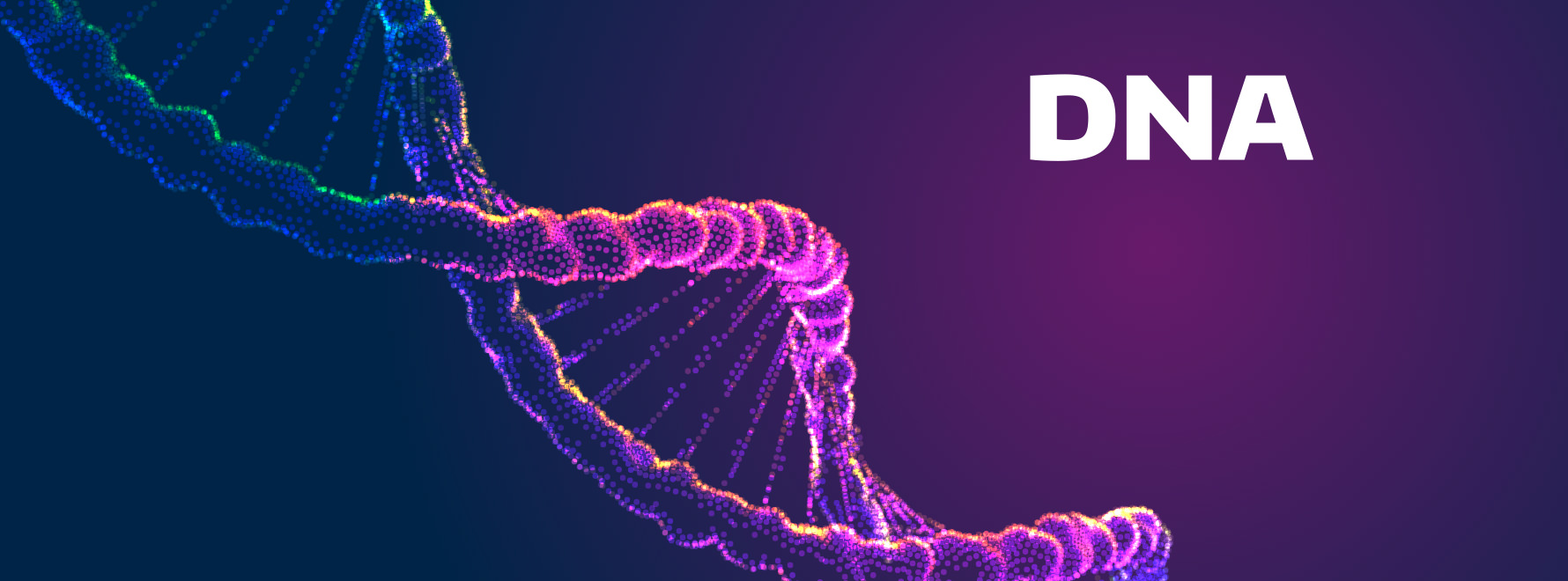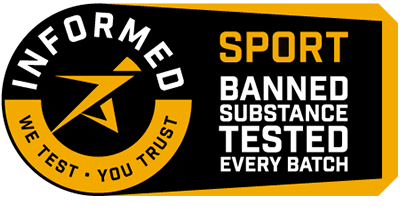Genes for sports nutrition: the nutrigenomics labyrinth explored.

The Human Genome Project, which was started in 1990, was an international scientific research project with the goal of identifying and mapping all human genes (more than 3 billion) from both a physical and a functional standpoint. We eventually wanted to learn which specific DNA fractions are controlling which specific functions in the human body. By 2003 ~90% of the genes were mapped, but work to complete the map is continuing till today. Importantly, the finished human genome is a ‘mosaic’ of different individuals, thus clearly not representing a specific person.
The sequencing of the human genome holds many benefits for natural sciences and society. For instance, understanding of gene activities can help to better understand diseases, identify individuals at risk for diseases such as cancer or diabetes, or facilitate the design of medication and more accurate prediction of their effects. But, genetic research has also created the possibility for gene ‘editing’ aiming to up- or downregulate some target functions in the human body, which in the context of sports can be misused to enhance sports performance, say gene doping. For instance, manipulating genes to stimulate ‘natural’ EPO production, or enhance muscle mass accretion to boost sports performance, unfortunately is an attractive perspective for some.
Another outflow of genetic research is the development of commercial genetic screening aiming at so-called ‘talent detection’, or allowing to design ‘individualized’ and tailor-made training interventions to optimize sports performance. Some genes have been found to occur more frequently in sprinters, whilst others were linked to endurance potential. Many companies now offer ‘pick and pay’ genetic kits to ‘test your talent’. Yet such screening is worthless because it starts from the false assumption that sports performance is simply determined by just a few ‘fancy sports genes’. In the real world, however, sports performance not only depends on the complex interaction of thousands of genes with training, nutrition, environment, and many other factors, not to talk about pivotal emotional and psychological factors involved. Mainstream testing for personalized training or exercise prescription based on genotype clearly is not currently supported as a scientifically-sound approach, although it may become a useful coaching tool within the next decade
Recently, genetic testing has also penetrated the sports nutrition scene. This process has been largely driven by manufacturers of ready-to-use and affordable genetic screening kits. It is well established that nutrition plays an important role in training adaptation and exercise performance. A well-balanced healthy diet forms the basement of any nutritional pyramid, including the athlete’s diet (see figure 1). Furthermore, each individual extensively involved in exercise and sports should probably consider the need for intake of carbohydrate supplements in the form of carbohydrate-rich foods, snacks, or drinks to meet the energy needs for optimal training and competition. Also strategic intake of protein supplements may significantly contribute to stimulating muscle repair between training sessions and facilitate training adaptation. Finally, available evidence indicates that some nutritional supplements (creatine, beta-alanine, caffeine,…) may enhance sports performance. But different individuals may respond very differently to identical foods, nutrients and nutritional supplements. Hence a one-size-fits-all approach is inappropriate. The importance of personalized sports nutrition was recently highlighted in the recent ‘Nutrition and Athletic Performance’ joint position statement by the American College of Sports Medicine.
But does routine genetic testing provide a relevant tool to allow sports nutritionist to design a more optimal nutritional program to their customers?
First it is important to emphasize that research in sports-related nutrigenomics is in its infancy, and evidence that genetic screening may boost athletic performance is entirely lacking. Thus, any claim directly linking genetic testing to date definitely is not based on scientific evidence. In addition, most available knowledge in this field has emerged from studies in healthy volunteers and may thus not be readily extrapolated to elite athletes.
But exercise performance obviously also depends on the general health status of the individual. In this regard, nutrigenomics might deliver valuable input for better health maintenance in athletic populations. In this regard, genetic screening may contribute to identify individuals at risk for specific adverse nutritional responses or micronutrient deficiencies. For instance, lactose intolerance is linked to a specific genetic variant that requires a specific dietary strategy to manage, i.e. avoidance of lactose containing foods or nutrients. Along this line, genetic variations also play a role in regulation of whole body vitamin (vit A, C, D, B12, folate) and mineral (iron, calcium) balances. Furthermore, body composition is a pivotal determinant of performance in most, if not all sports. The response of body composition to a given energy intake (carbohydrates, fat, proteins), however, is largely variable between individuals, which is at least partly explained by the genetic background. However, evidence-based recommendations to design tailored nutritional interventions to adequately manage the specific genetic variants identified, unfortunately, are lacking today. As a results, nutrigenomics may yield attractive ‘descriptive’ information, indeed, yet this is unlikely to yield pertinent and direct benefits for the recreational or elite athlete. The use of caffeine may be an exception on this rule because available findings indicate that variations in the ADORA2A gene at least partly explain performance outcomes and sleep disturbance upon caffeine ingestion.
In conclusion, genetic testing claiming to facilitate tailored nutritional follow-up of athletes or physically active individuals today is not based on sound scientific evidence, and mainly serves commercial purposes. More research is needed to justify such procedures to be used in day-to-day sports nutrition practice. Except for caffeine, genotype-driven nutritional supplement prescriptions are irrelevant.

Figure 1: The basics of an adequate sports diet
Take home message
- Individuals can respond very differently to identical dietary interventions. This variability is at least partly due to genetic differences.
- Identification of individual gene variants involved in regulation of metabolic responses to food intake, called ‘nutrigenomics’, can be useful in tailoring individualized diets. For instance, lactose intolerance is linked to a specific genetic deficit, and requires a lactose-free diet.
- But there is no evidence that nutrigenomics can significantly improve nutritional interventions aimed to improving exercise tolerance or sports performance.
- Therefore, awaiting further research, any routine use of genetic screening to support sports nutrition is premature and is not evidence-based.
References
- Ferguson LR, De Caterina R, Görman U, et al. Guide and Position of the International Society of Nutrigenetics/Nutrigenomics on Personalised Nutrition: Part 1 - Fields of Precision Nutrition. J Nutrigenet Nutrigenomics. 2016;9(1):12-27. doi:10.1159/000445350
- Mathers JC. Nutrigenomics in the modern era. Proc Nutr Soc. 2017;76(3):265-275. doi:10.1017/S002966511600080X
- Guest NS, Horne J, Vanderhout SM, El-Sohemy A. Sport Nutrigenomics: Personalized Nutrition for Athletic Performance. Front Nutr. 2019;6:8. Published 2019 Feb 19. doi:10.3389/fnut.2019.00008
- Thomas DT, Erdman KA, Burke LM. American College of Sports Medicine Joint Position Statement. Nutrition and Athletic Performance. Medicine and Science in Sports and Exercise. 2016 Mar;48(3):543-568. DOI: 10.1249/mss.0000000000000852.


